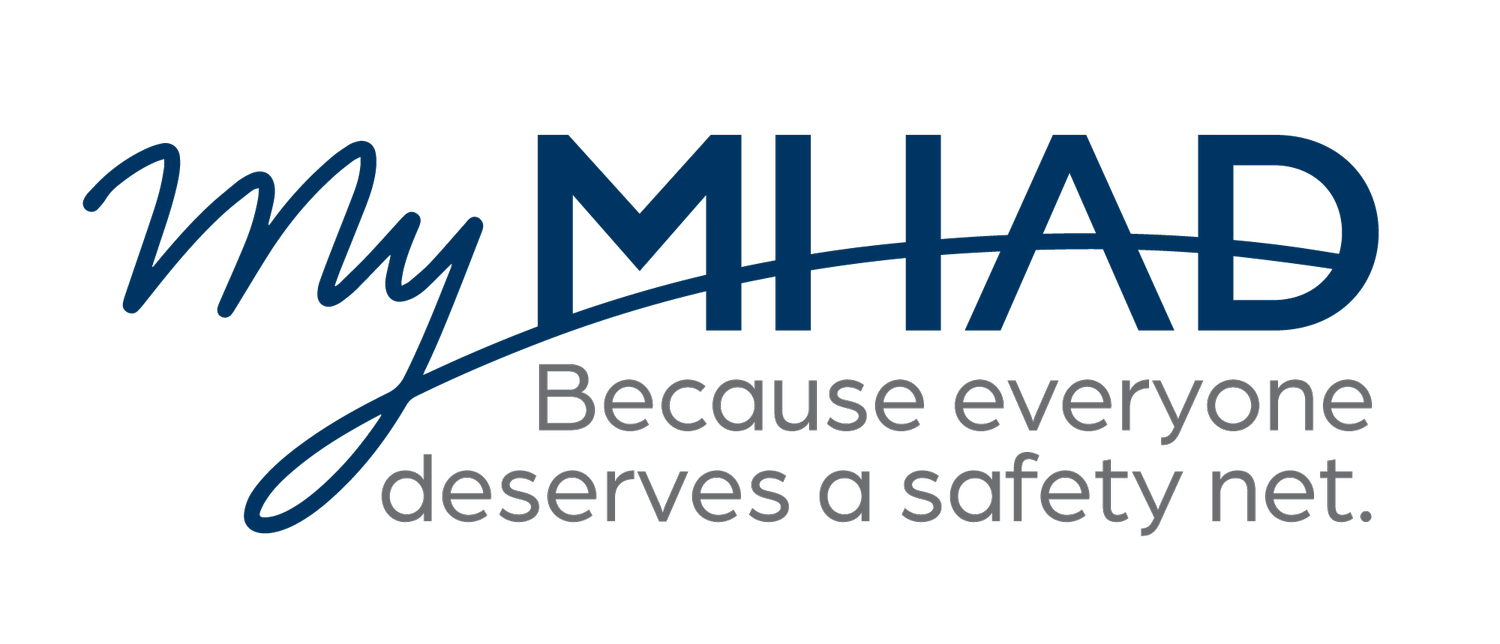Available Research
This is not a summary of all available research, but highlights from the available literature about MHAD implementation and outcomes.
MHADs developed to empower people with SMI and these outcomes likely do not generalize to a system that coerces or requires compliance. MHADs are consistent with the values of:
Psychiatric / psychosocial rehabilitation: Psychiatric rehabilitation is a treatment approach to people with SMI that conceptualizes SMI as a disability to be overcome while emphasizing the development of functional capacities in multiple life domains to fuel meaningful, values-driven experiences (Anthony et al., 1990; Corrigan et al., 2012b).
Self-determination: Self-determination is the acknowledgement that “the essence of being human is the right of persons to choose” all meaningful expressions of their values, including how they engage in treatment (Corrigan et al., 2012a, p. 170). Additionally, understanding of DMHTs is associated with higher perceptions of autonomy a year after implementation (Elbogen et al., 2007).
Recovery orientation: A recovery orientation is a complex, nuanced idea with almost as many definitions as people who use the phrase (Spaulding et al., 2016). However, the primary and prototypical features center on hope for a self-defined future that includes a “fulfilling and productive life while [adjusting] to a disability” (Corrigan et al., 2012a, p. 170).
Consumers have particularly noted that it was meaningful to:
Be viewed as a responsible agent for future crises
To purposefully and thoughtfully determine what they wanted for themselves in future crises
To be proactive about managing future crises
To have power over future crises
To be believed by providers (Amering et al., 2005).
People with DMHTs have reduced compulsory hospital admissions (Tinland et al., 2022).
People with DMHTs are less likely to experience future coercive interventions (Swanson et al., 2008).
In a year-long, randomized controlled trial in France, people with DMHTs demonstrated lower utilization of intensive healthcare services, lower healthcare costs, and higher overall quality of life (Loubiere et al., 2023).
People with SMI have shown an overwhelming preference to have a DMHT-type document (Swanson et al., 2006b; Swanson et al., 2006c), but few reported having such a document in place (Swanson et al., 2006c).
Completion rates (Swanson et al., 2006b) and interest (Srebnik et al., 2003) are higher when clinicians express support and assist with completion of the forms.
Many providers do not know DMHTs exist (Avila & Leeper, 2022). Even among those who do know they exist, few have ever used one or have a sufficient understanding of the state laws governing DMHTs. However, a brief informational presentation of only the laws around DMHTs significantly increased support and openness to DMHT use among providers (Avila & Leeper, 2022).
Although providers often voice general support for DMHT-type interventions, they tend to also have concerns about DMHTs due to unfamiliarity and uncertainty about legal and ethical implications (Elbogen et al., 2006; Kim et al., 2008; Quinlan & Coffey, 2015; Van Dorn et al., 2006; Swanson et al., 2006a).
Concerns about enforceability of DMHTs are particularly common; however, it is unlikely enforceability will be an issue. Content analysis noted most DMHTs contained clinically useful information and were feasible overall (Swanson et al., 2006b; Srebnik et al., 2005), and DMHT conditions appear to be respected in a crisis (Backlar & McFarland, 1996).
